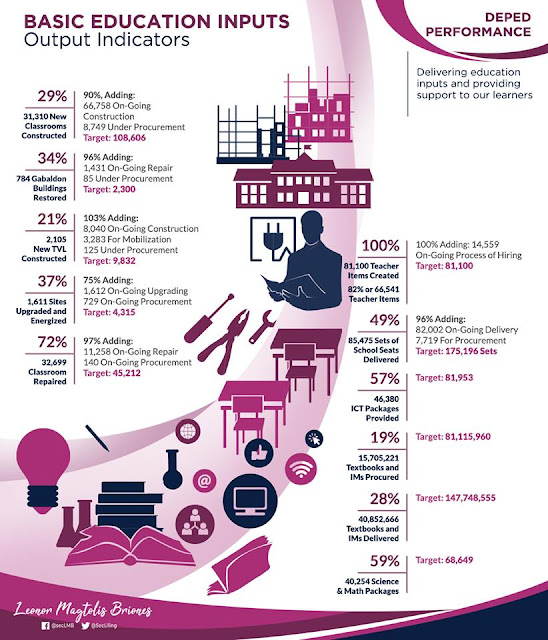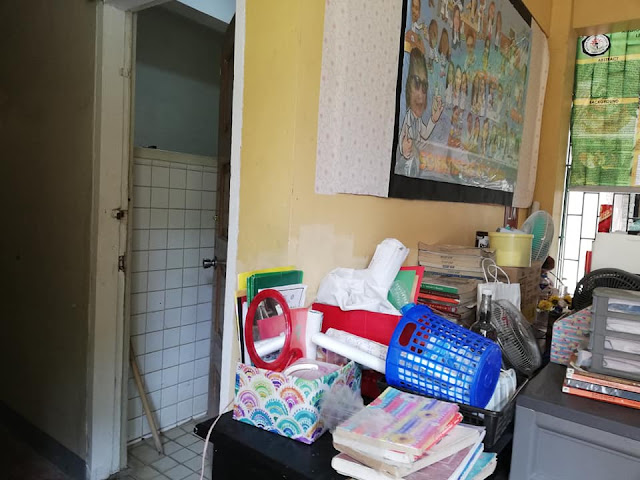"That Little Girl Was Me."

During the presidential debate of the Democratic Party, Kamala Harris threw a knock-out punch at Joe Biden, "That little girl was me." Commentators quickly recognized that the former vice president was slammed on his trivial attitude toward school segregation. In my opinion, however, the more important statement that Harris made was this, "We have to take it seriously. We have to act swiftly." Harris is right. For so many decades, schools in most districts in the United States have remained segregated. In some states, it is called "gifted programs" while in other districts, like Fairfax county, it is called "advanced academic program". Brian Wright and coworkers noted in a paper published in Gifted Students of Color , "that to be indifferent to this persistent lack of equitable access and opportunity to gifted education is to engage in an active and conscious state of aloofness and inattention in order to maintain the status quo." It is...






